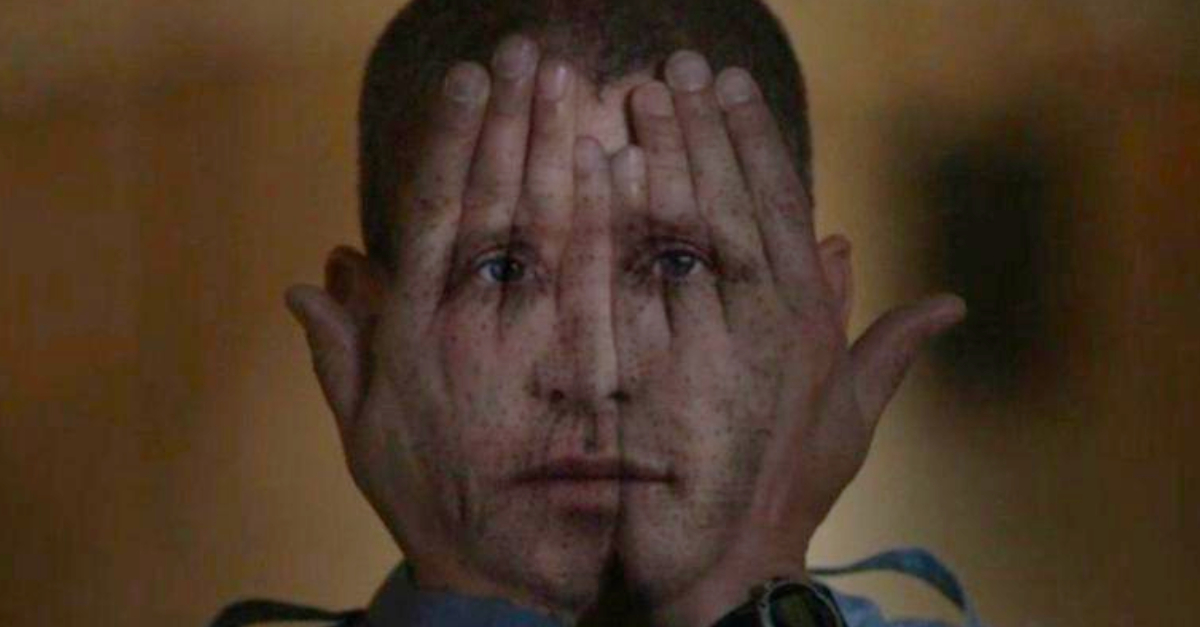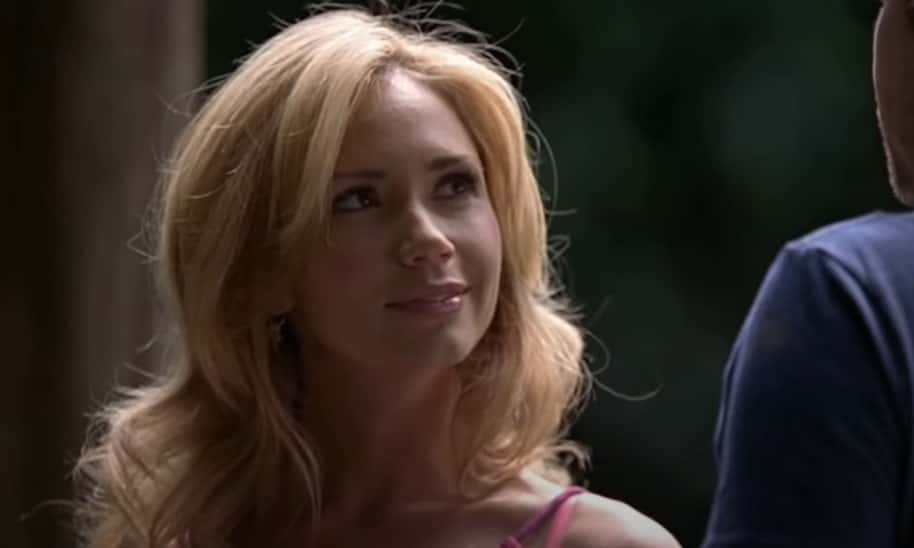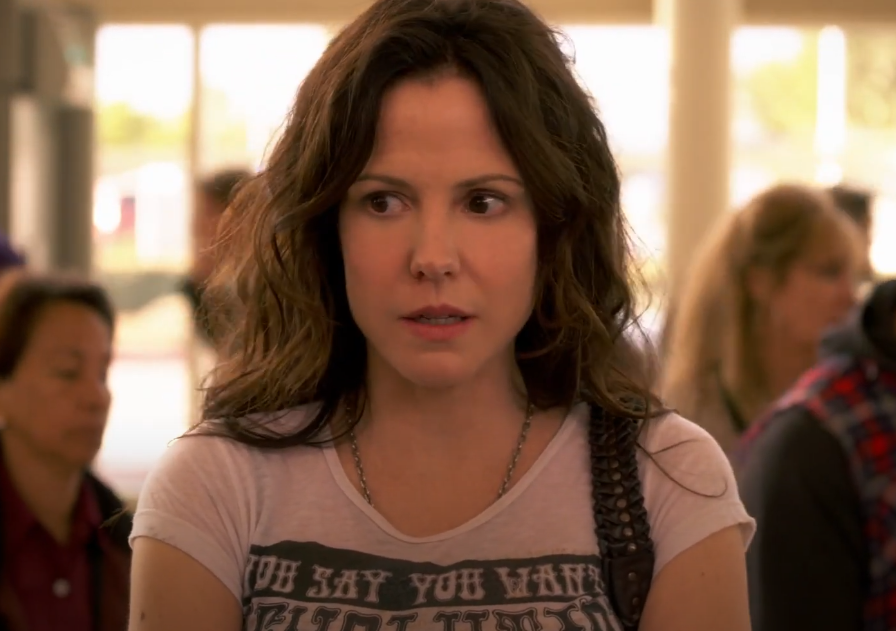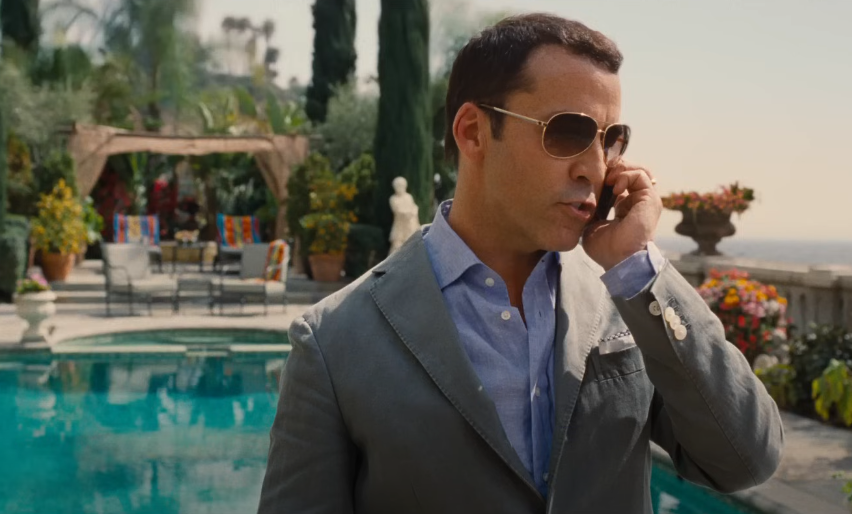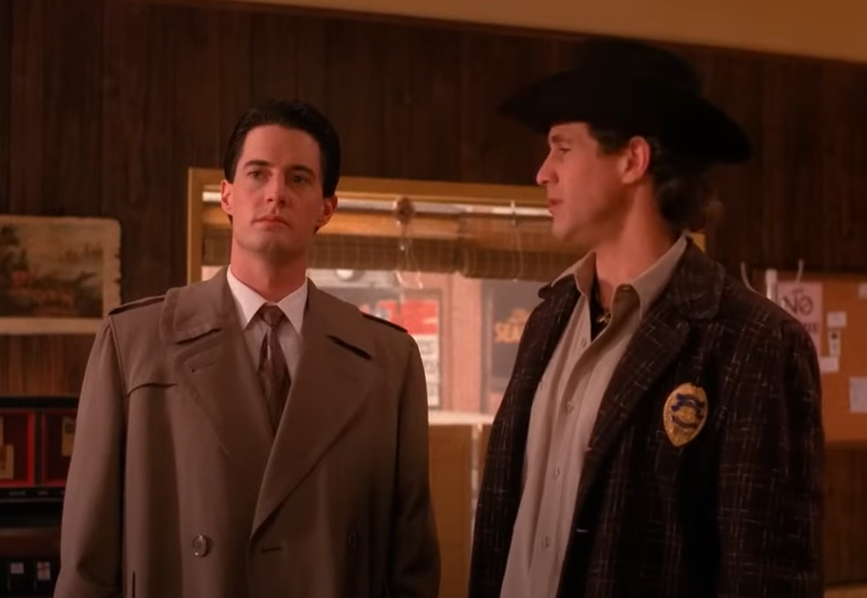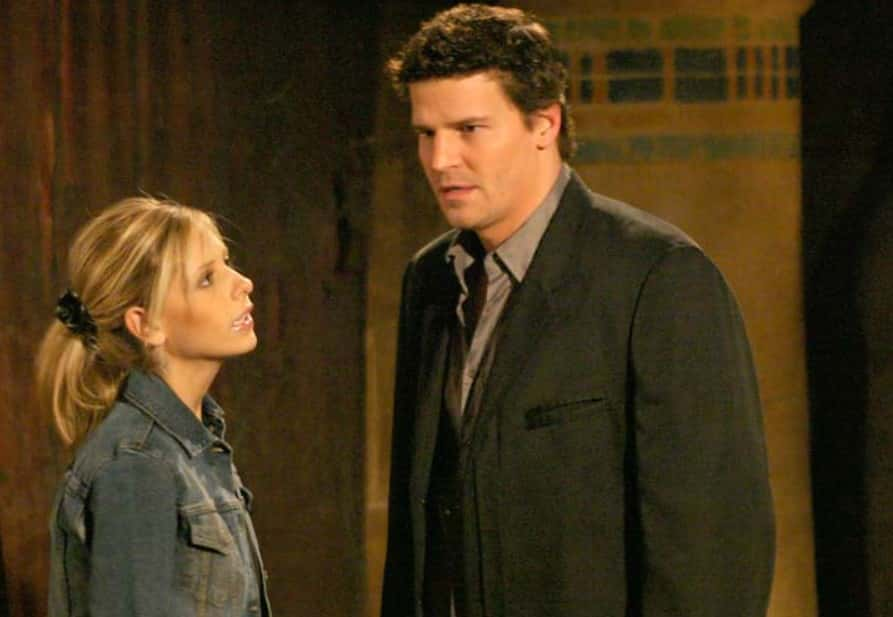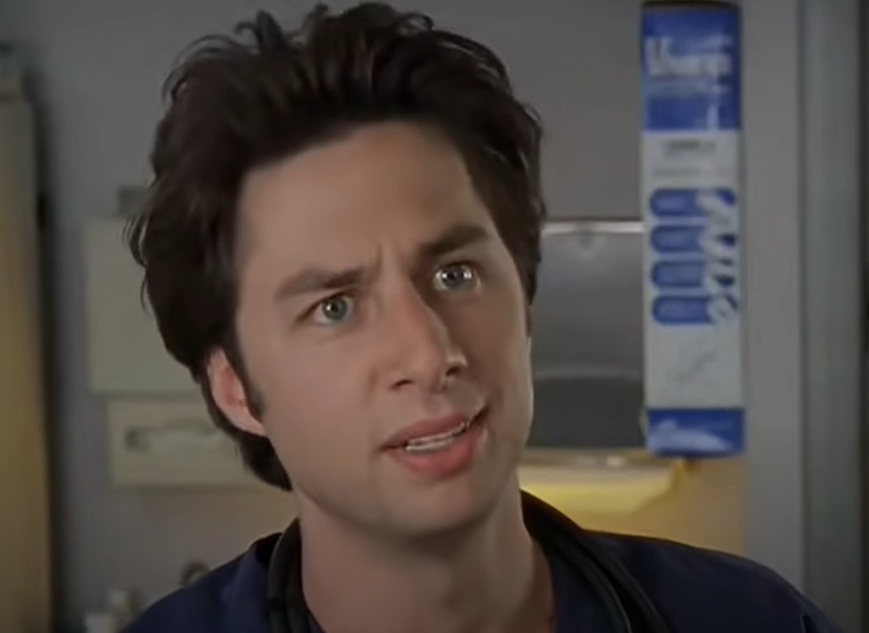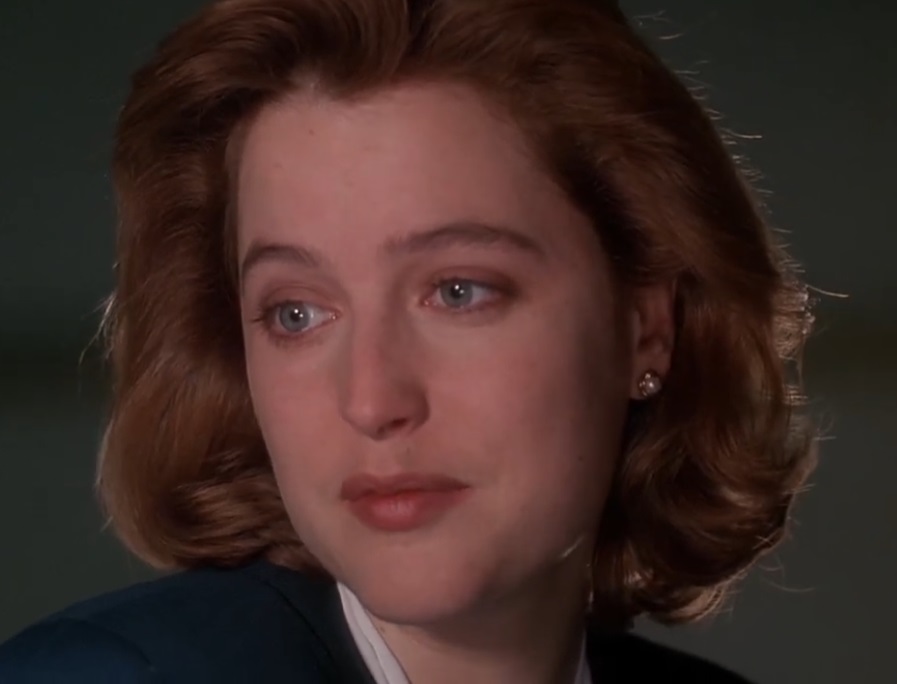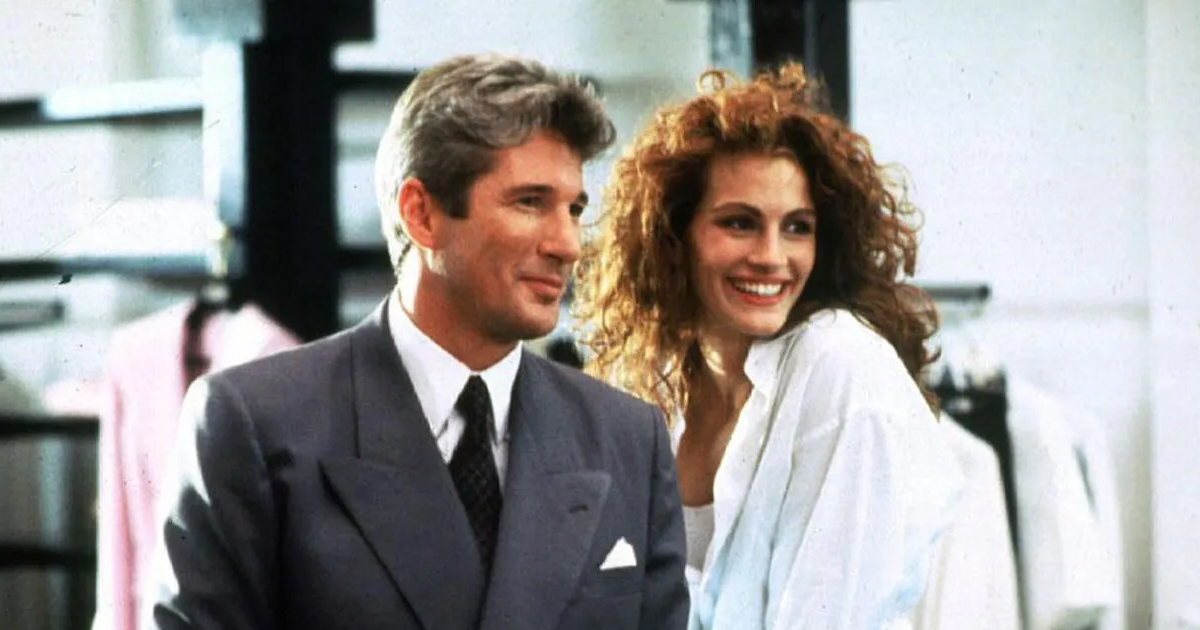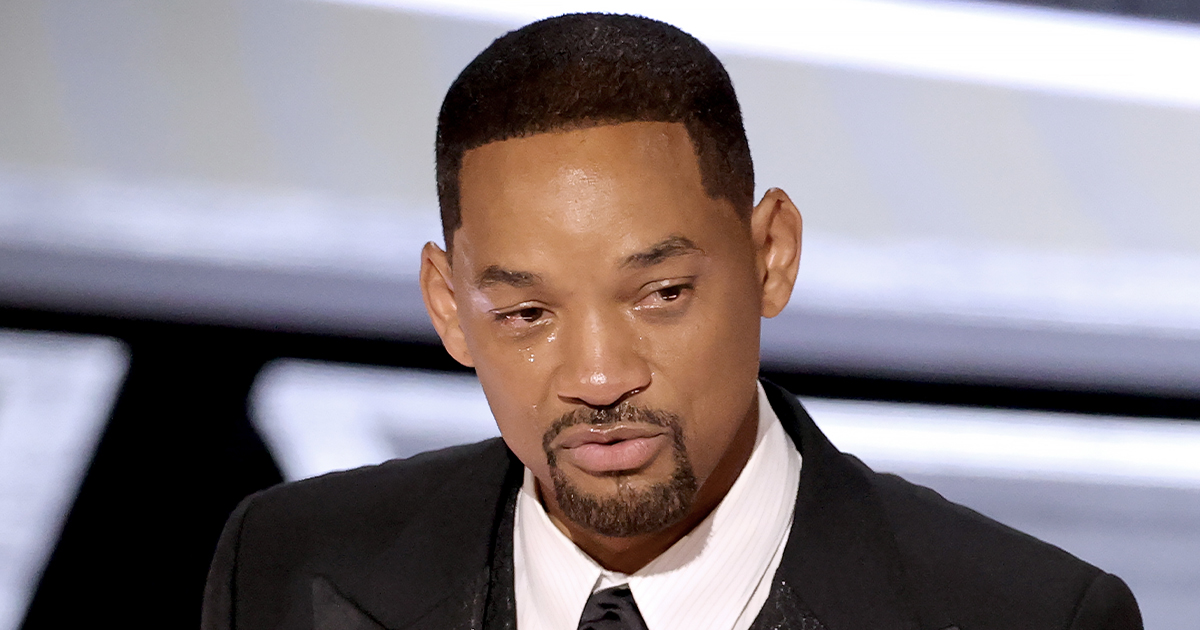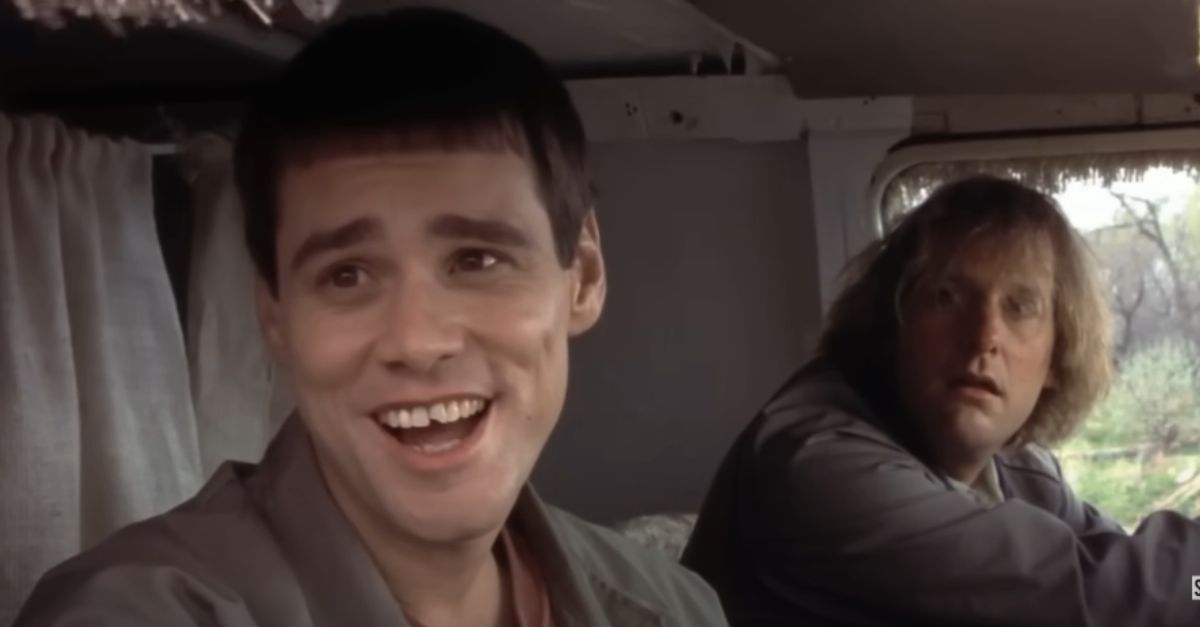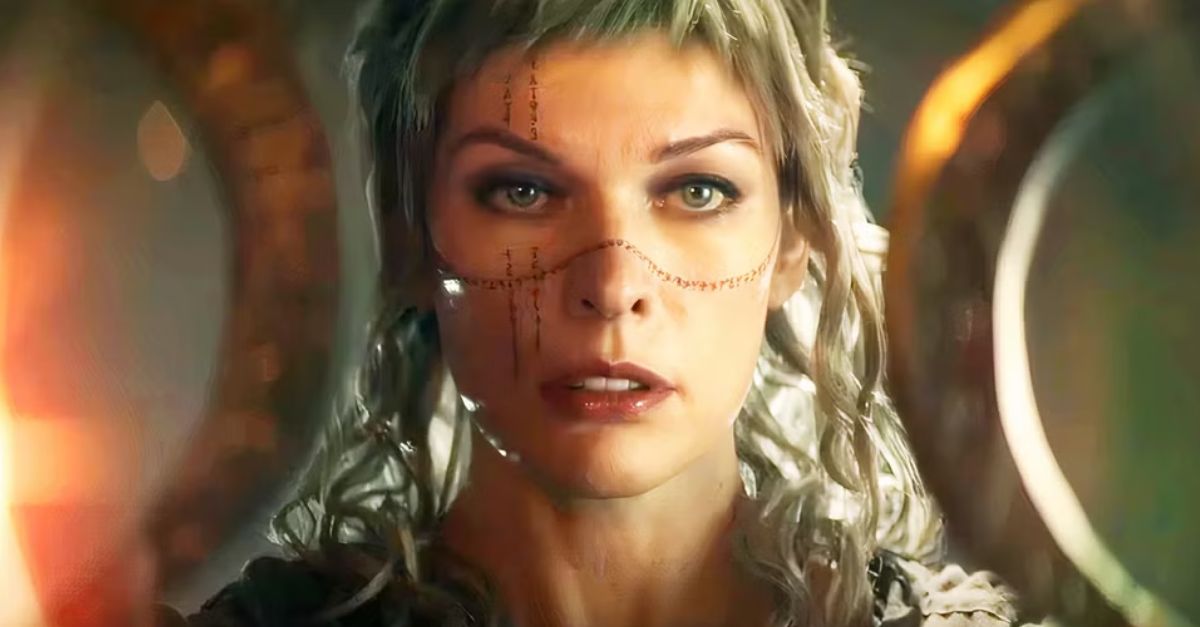When the Glow Fades: Shows That Didn’t Stand the Test of Time
Some shows burst onto the scene with huge buzz and cultural clout—only to fizzle when the magic wore off. From messy writing to bizarre creative choices, these once-hyped series prove that not everything built for binge-watching can stand the test of time. Sometimes, the rewatch just makes you wonder, what were we thinking?
"Heroes" (2006–2010)
When Heroes premiered, it felt like the next big thing—mystery, powers, and an awesome concept. After a strong first season, a writer’s strike and tangled plotting stalled the momentum. Later arcs piled on confusion instead of clarity, and the revival fizzled. Today, it’s remembered for early promise, not staying power.
"Glee" (2009–2015)
Glee started as a fresh, quirky musical comedy that celebrated underdogs and diversity. But somewhere along the way, the show lost its rhythm. Repetitive plots, bizarre character arcs, and cringey “issue” episodes have left many viewers wondering how they ever thought it was peak TV. It’s a show that shines best in nostalgic clips, not full binges.
 20th Television, Glee (2009–2015)
20th Television, Glee (2009–2015)
"True Blood" (2008–2014)
At first, True Blood was a steamy, Southern Gothic thrill with vampires, mystery, and danger. As new supernatural creatures piled on, the story turned chaotic. Shock value replaced character focus, and the finale landed with a thud. In hindsight, its wild excess overwhelms the early charm.
"Prison Break" (2005–2017)
Season one of Prison Break was edge-of-your-seat genius built on a brilliant escape plan. Once the breakout happened, the series scrambled for purpose. Conspiracies ballooned, villains became cartoons, and by the revival, the suspense was gone. A great one-season idea stretched past its limit.
"Weeds" (2005–2012)
Weeds launched as sharp suburban satire about a mom gaming the system, but each season drifted further from its roots. What began as witty commentary on hypocrisy morphed into an absurd crime caper. By the end, the bite was gone and the show felt like a different series entirely.
"Dexter" (2006–2013; 2021)
Dexter was must-watch prestige crime TV with a chilling antihero and twisted moral code. Then came baffling choices, softer stakes, and that notorious finale. The 2021 revival helped a little, but the original run’s last impression still lingers. Early brilliance overshadowed by an ending few defend.
"That ’70s Show" (1998–2006)
That ’70s Show nailed nostalgic charm and goofy teen banter—until key cast members left. Replacement dynamics and recycled jokes drained the energy, and the finale whiffed. Fans often rewatch the early years and skip the rest. A hangout sitcom that stayed at the party too long.
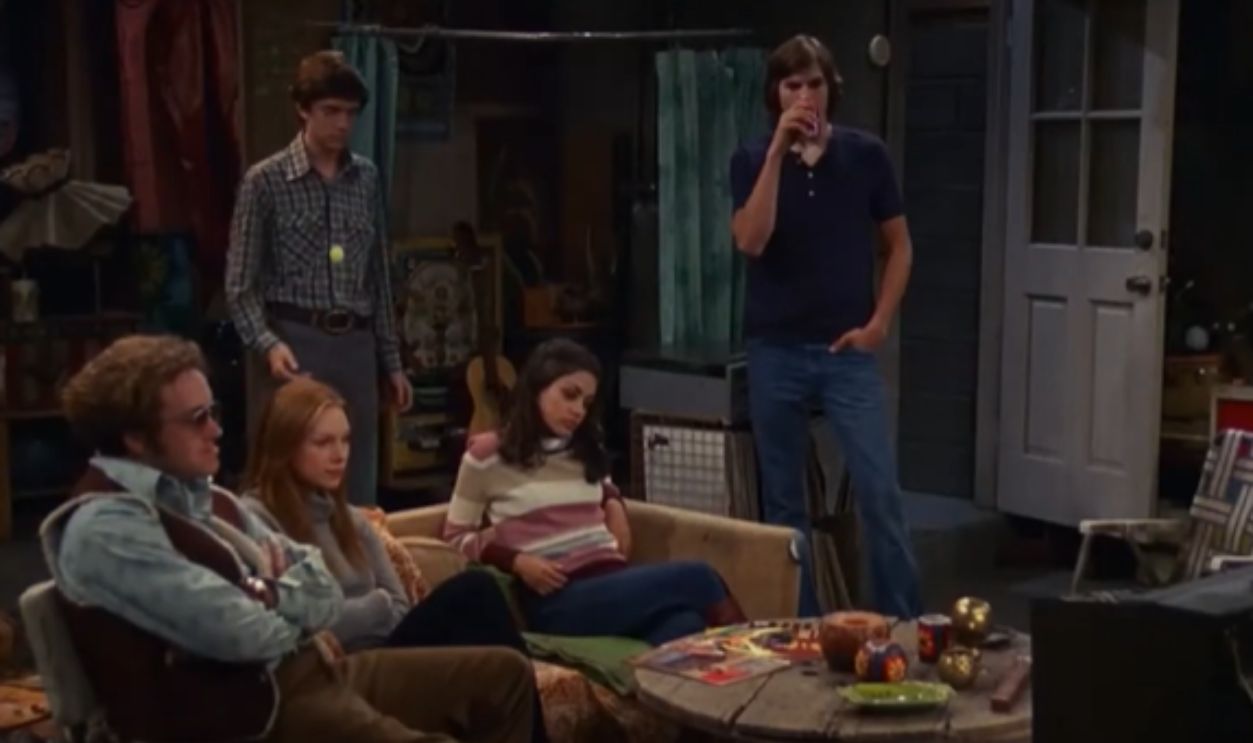 Fox, That ’70s Show (1998–2006)
Fox, That ’70s Show (1998–2006)
"Nip/Tuck" (2003–2010)
Nip/Tuck thrived on shock and style, mixing soap theatrics with audacious surgeries. Over time, the plots grew outlandish and the characters less grounded. What once felt daring turned exhausting. A glossy, polarizing ride that couldn’t keep its edge.
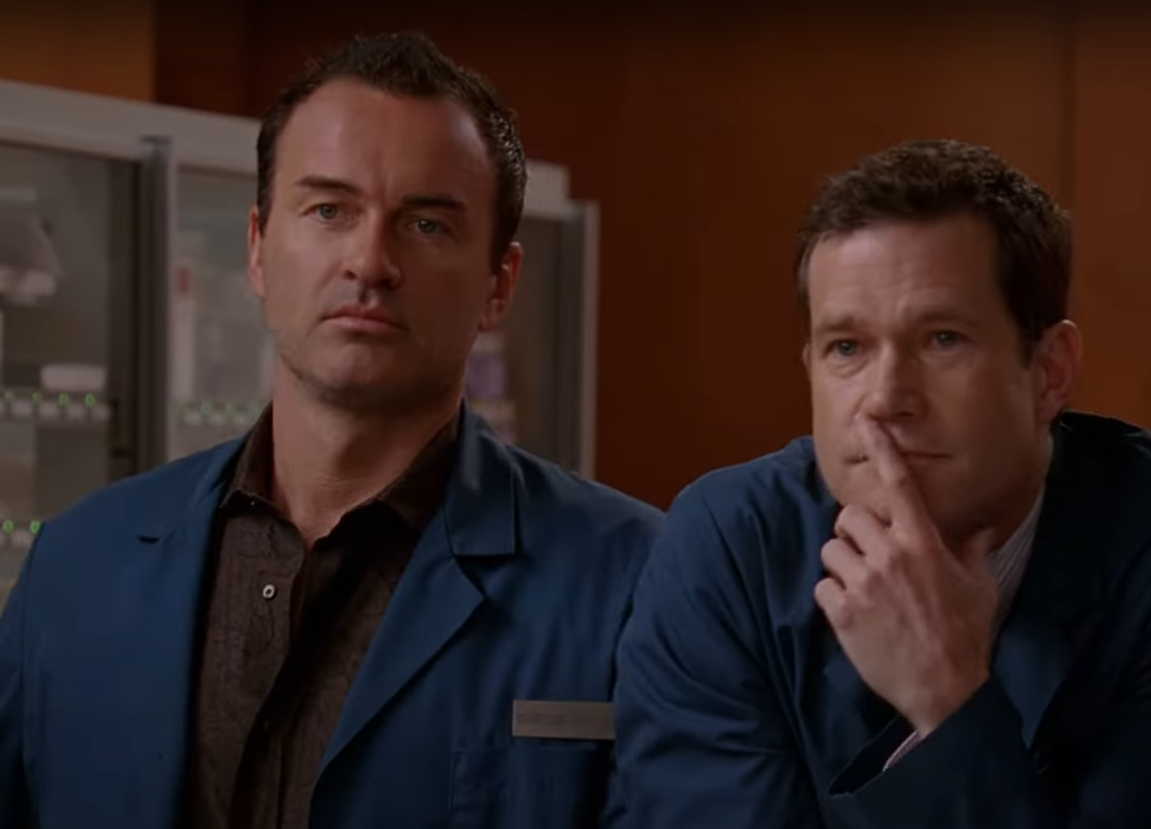 Stu Segall Productions, Nip/Tuck (2003–2010)
Stu Segall Productions, Nip/Tuck (2003–2010)
"The O.C." (2003–2007)
The O.C. delivered iconic music, big emotions, and sun-soaked melodrama. But repetitive conflicts and a bold mid-series death knocked it off balance. The final seasons never recaptured that early magic. A phenomenon that burned bright, then dimmed quickly.
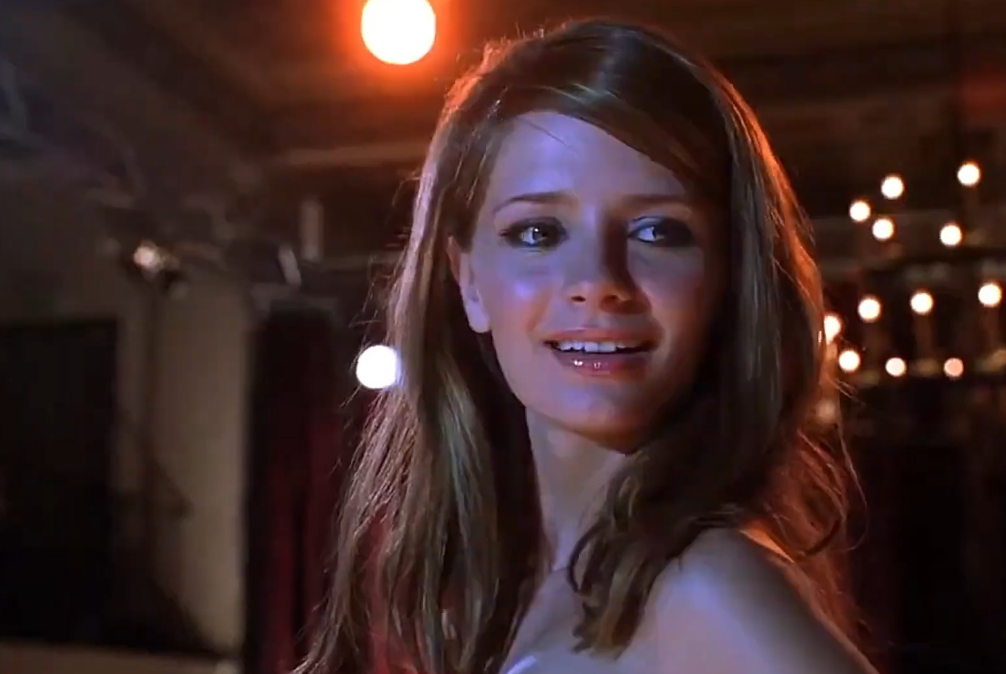 Warner Bros., The O.C. (2003-2007)
Warner Bros., The O.C. (2003-2007)
"Desperate Housewives" (2004–2012)
Desperate Housewives debuted with sharp satire and a juicy mystery hook. As years passed, twists got stranger while the commentary dulled. The finale tied bows without restoring the bite. Still bingeable, but far from the witty knockout it was at launch.
 ABC, Desperate Housewives (2004–2012)
ABC, Desperate Housewives (2004–2012)
"The Walking Dead" (2010–2022)
Early The Walking Dead was gripping and brutal, with character stakes that hurt. Then the pace slowed, villain cycles repeated, and the zombies felt secondary. Many viewers bailed long before the end. Proof that even the undead can overstay their welcome.
 AMC, The Walking Dead (2010–2022)
AMC, The Walking Dead (2010–2022)
"Entourage" (2004–2011)
Entourage once felt like the glamorous insider view of Hollywood—wish fulfillment, cameos, fast talk. Rewatching now exposes dated humor, paper-thin arcs, and a bro-fantasy glaze. The swagger that sold it then makes it feel out of step today.
"Boardwalk Empire" (2010–2014)
Boardwalk Empire opened with lavish production and a stacked cast. As the world expanded, pacing sagged and subplots multiplied. The period sheen stayed gorgeous, but the urgency faded. A prestige package that couldn’t keep its narrative grip.
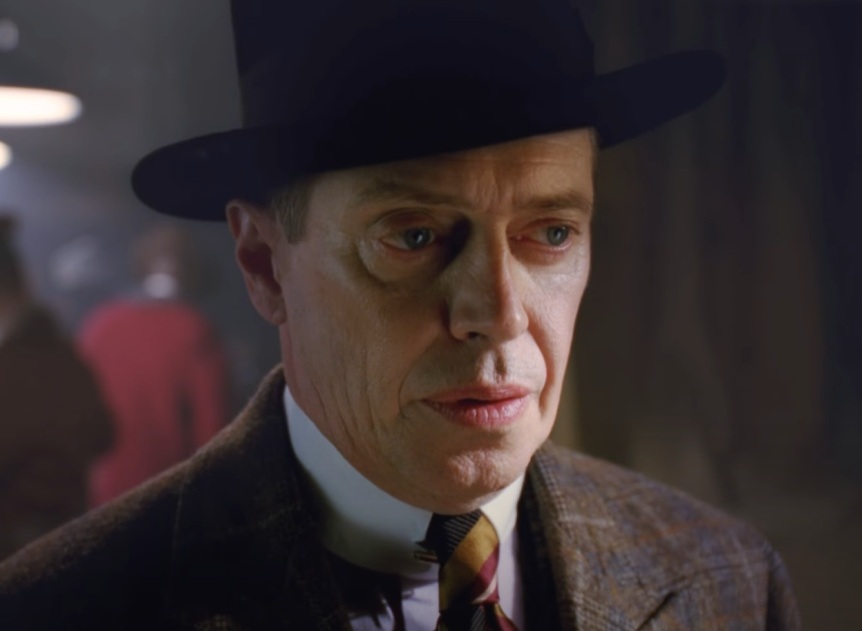 HBO, Boardwalk Empire (2010-2014)
HBO, Boardwalk Empire (2010-2014)
"Californication" (2007–2014)
Californication mixed dark humor, sex, and self-sabotage into an early jolt. But the show kept repeating its hangover, offering fewer surprises and less growth. By the end, the vibe felt tired—even Hank seemed over being Hank.
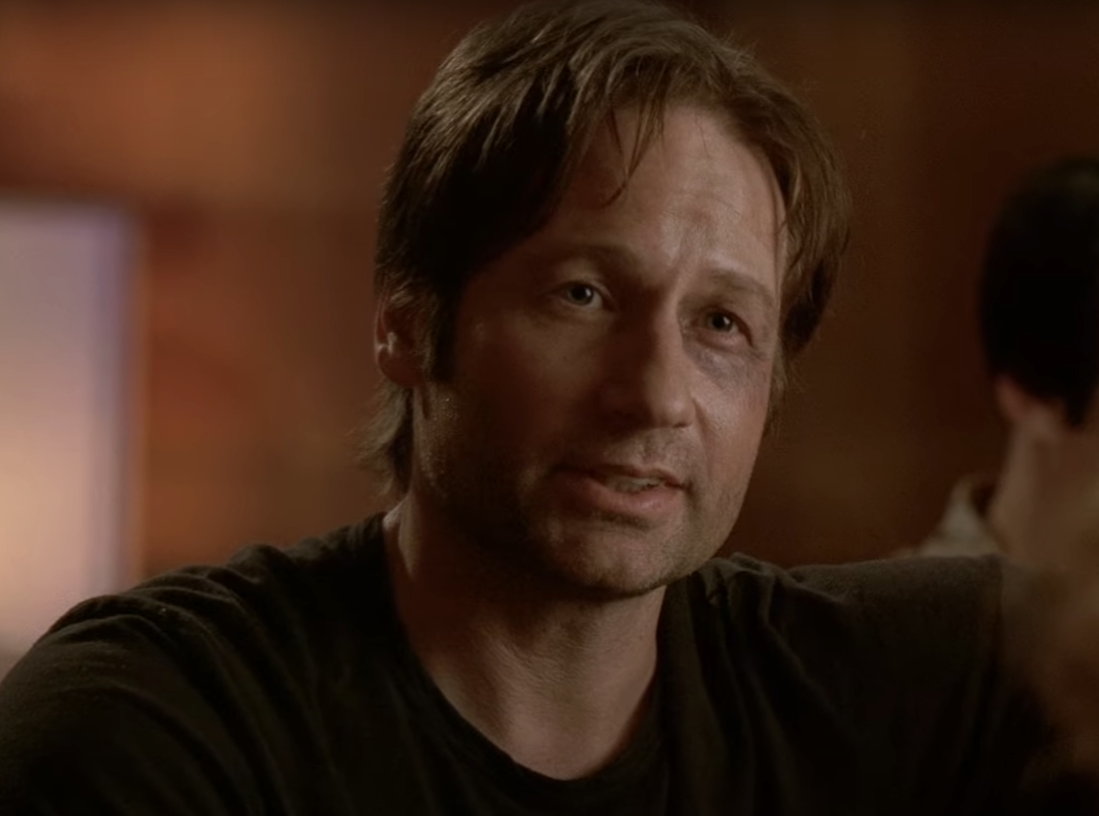 Paramount, Californication (2007–2014)
Paramount, Californication (2007–2014)
"Smallville" (2001–2011)
Smallville offered a fresh pre-cape Superman, leaning into teen drama and monster-of-the-week fun. Ten seasons later, formula and budget limits showed. The charm remains, but the pace and effects date it. Nostalgia can’t quite mask the bloat.
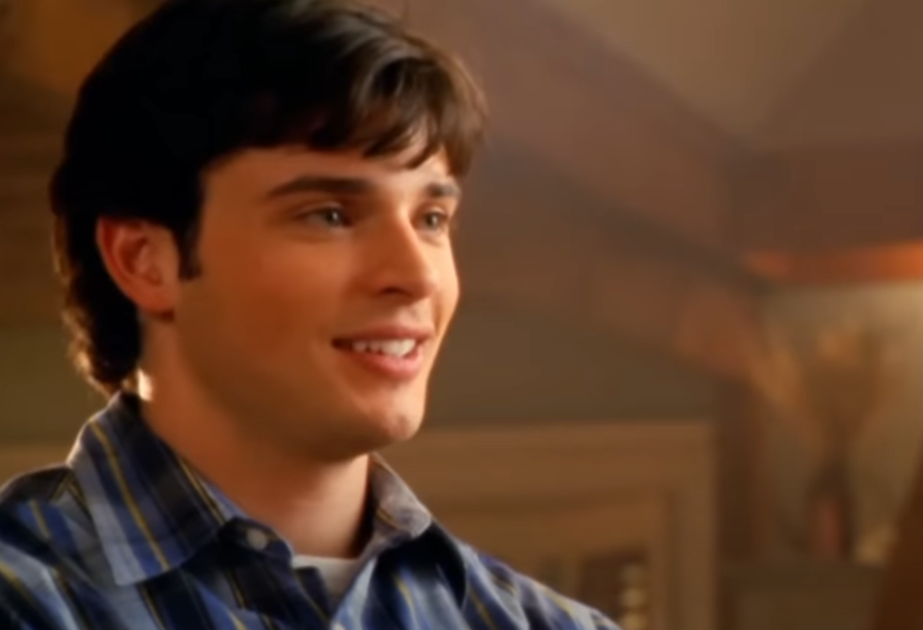 Tollin, Smallville (2001-2017)
Tollin, Smallville (2001-2017)
"Twin Peaks" (1990–1991)
Twin Peaks began weird and mesmerizing, a small-town mystery with dream logic. After the killer reveal, season two drifted into distracting side plots. The cult aura endures, but the original run’s back half struggles under its own eccentricity.
"Buffy the Vampire Slayer" (1997–2003)
Buffy blended quips, monsters, and real emotion with clever allegory. Later seasons took heavier swings that didn’t always land, and tonal whiplash set in. Still beloved, but uneven enough that the glow isn’t universal on rewatch.
"American Idol" (2002–present)
At its peak, American Idol was must-see reality TV—watercooler moments and genuine star launches. As years rolled on, judge swaps, longer episodes, and copycat shows dulled the spark. The brand survives, but the phenomenon faded.
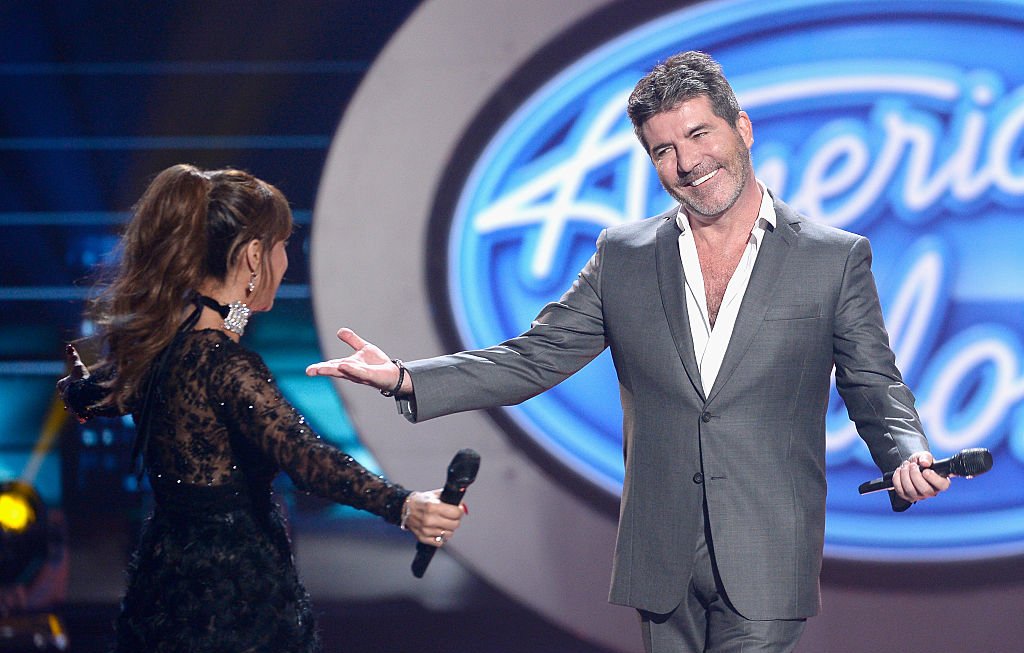 Kevork Djansezian, Getty Images
Kevork Djansezian, Getty Images
"House of Cards" (2013–2018)
House of Cards arrived as prestige TV incarnate—icy monologues, ruthless strategy, political sheen. Scandal, cast upheaval, and wobblier writing deflated the mystique. By the end, the sharpness was gone, and so was the conversation.
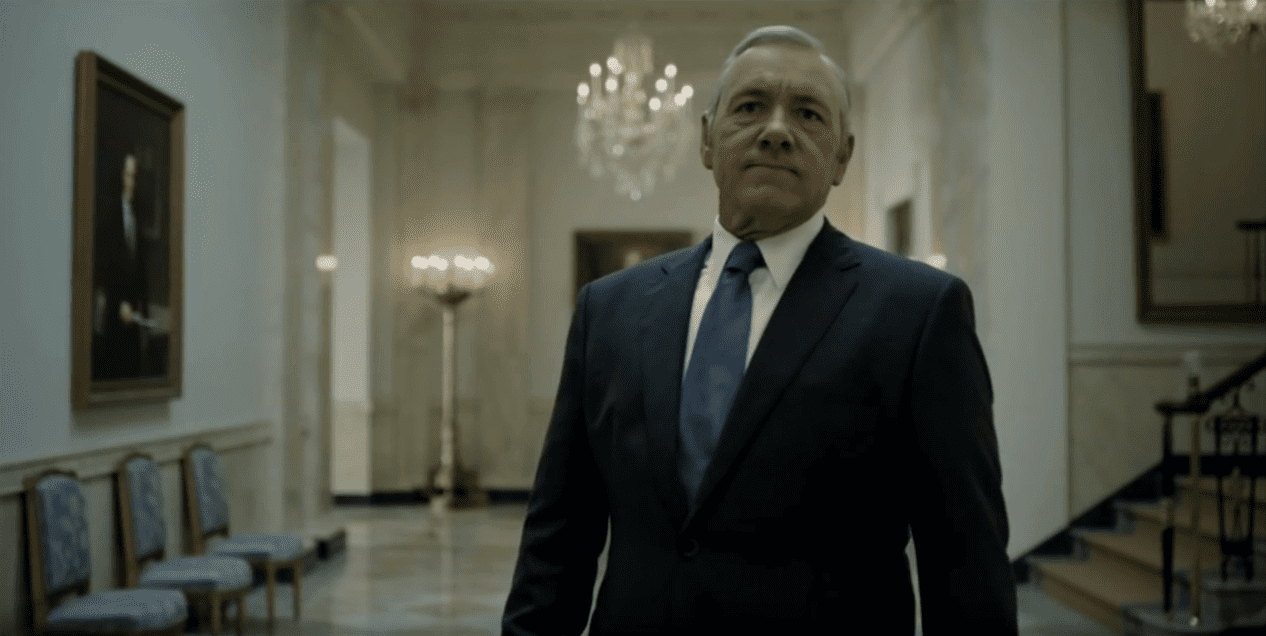 Netflix, House of Cards (2013–2018)
Netflix, House of Cards (2013–2018)
"Grey’s Anatomy" (2005–present)
Grey’s Anatomy started as emotional, compulsive melodrama with a killer ensemble. Decades later, cast churn and calamity-of-the-week plotting have worn it thin. Still a staple, but far from the lightning-in-a-bottle early run.
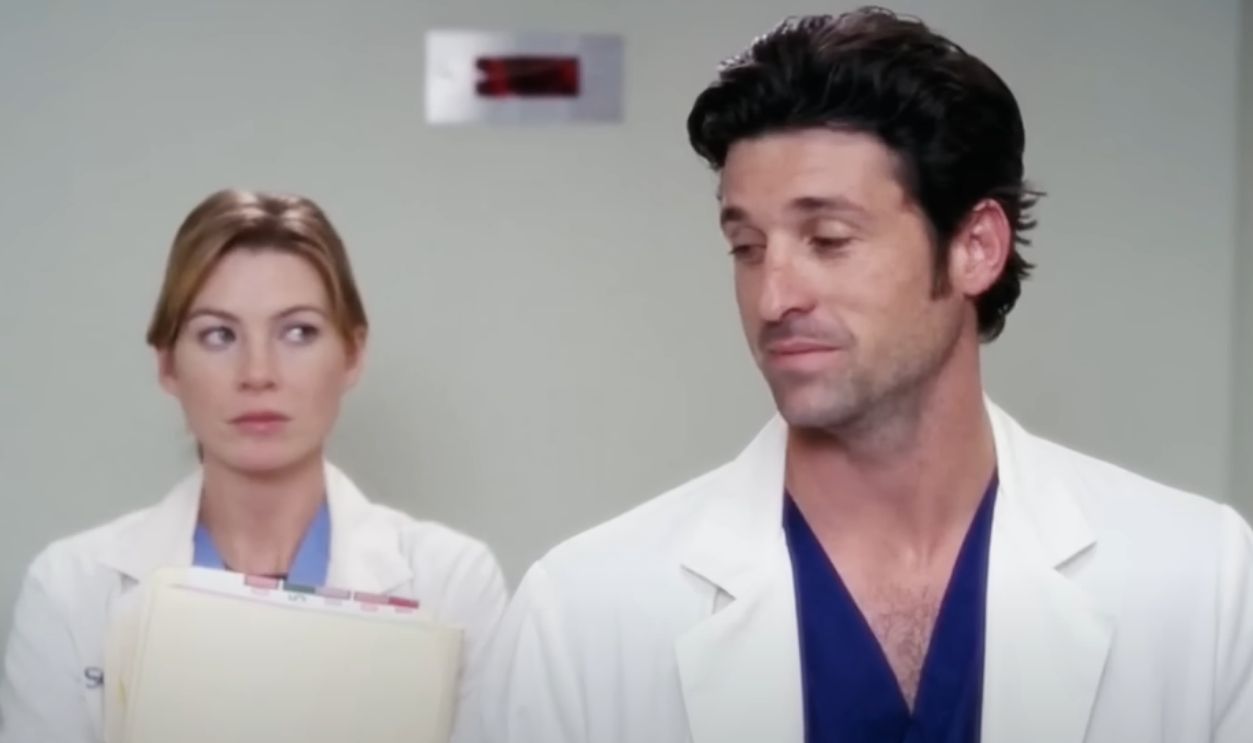 ABC / Disney–ABC Domestic Television, Grey’s Anatomy (2005–present)
ABC / Disney–ABC Domestic Television, Grey’s Anatomy (2005–present)
"Scandal" (2012–2018)
Scandal’s early seasons were thrilling—rapid-fire dialogue, twisty scandals, and white-hat swagger. Then came escalation fatigue: bigger conspiracies, less payoff. The finale lands, but the ride lost speed along the way.
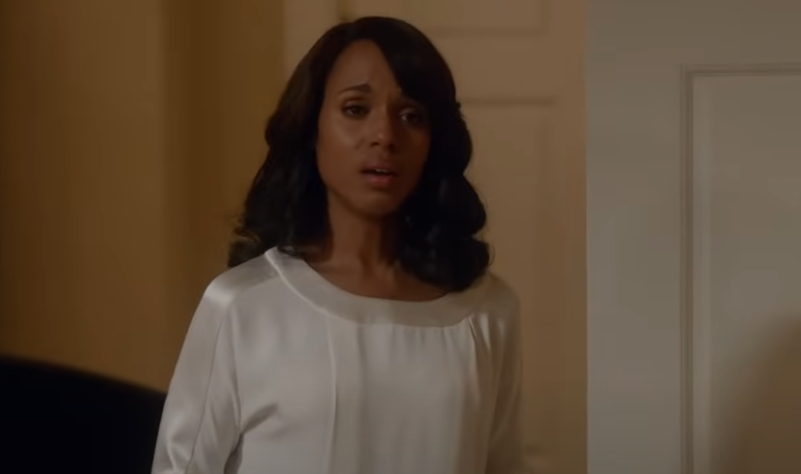 American Broadcasting Company (ABC), Scandal (2012–2018)
American Broadcasting Company (ABC), Scandal (2012–2018)
"Riverdale" (2017–2023)
Riverdale launched as a dark teen mystery; soon it was time jumps, multiverses, and musical episodes. The audacity kept it buzzy, but coherence didn’t. A meme-age icon that left its original premise far behind.
"E.R." (1994–2009)
At its peak, E.R. was tense, heart-in-throat television that set the medical-drama template. As core cast cycled out, the urgency softened. A long, respectable run that gradually felt like echoes of itself.
"Once Upon a Time" (2011–2018)
Once Upon a Time started as clever fairy tales remixed for primetime. But constant new realms and tangled timelines muddied the charm. By the end, even devoted fans admitted the sparkle had dimmed.
 ABC, Once Upon a Time (2011–2018)
ABC, Once Upon a Time (2011–2018)
"How I Met Your Mother" (2005–2014)
How I Met Your Mother felt clever, cozy, and structurally playful. The polarizing finale soured years of goodwill, and certain jokes aged poorly. Still funny, but the end rewrote the legacy.
 CBS, How I Met Your Mother (2005–2014)
CBS, How I Met Your Mother (2005–2014)
"Scrubs" (2001–2010)
Scrubs balanced zany fantasy with gut-punch sincerity—until the Med School season. The soft reboot’s new cast and tone made it feel like a different, weaker series. Most fans tap out early to preserve the magic.
"Game of Thrones" (2011–2019)
For years, Game of Thrones was epic event TV—cinematic scope and ruthless politics. A rushed final sprint, sidelined arcs, and divisive choices dented its legacy. The spectacle endures; the payoff doesn’t.
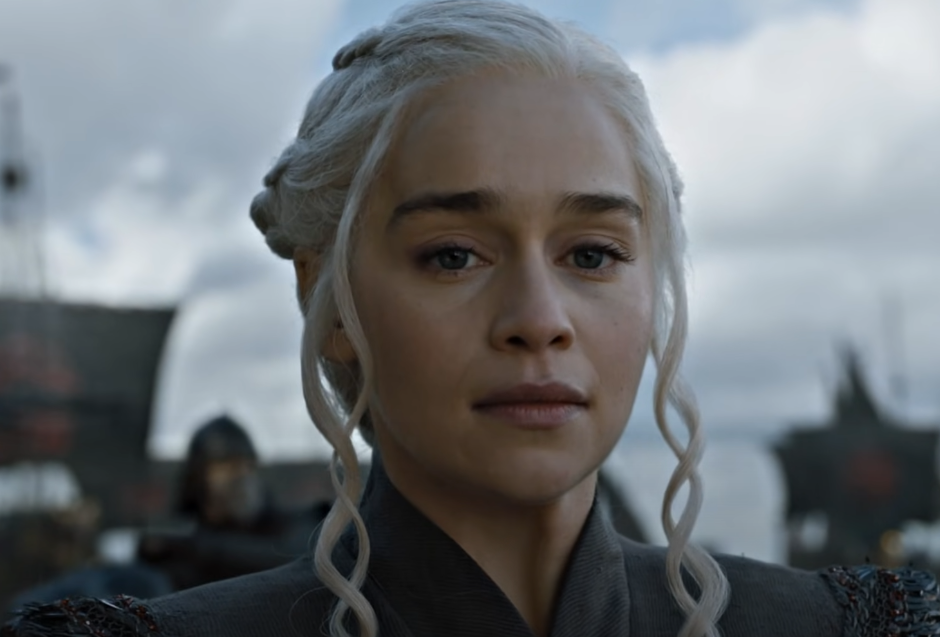 HBO, Game of Thrones (2011-2019)
HBO, Game of Thrones (2011-2019)
"Orange Is the New Black" (2013–2019)
Orange Is the New Black broke ground with humor, empathy, and sprawling ensemble stories. Later seasons stretched thin and lost focus, trading momentum for sprawl. Important and impactful, but not immune to fatigue.
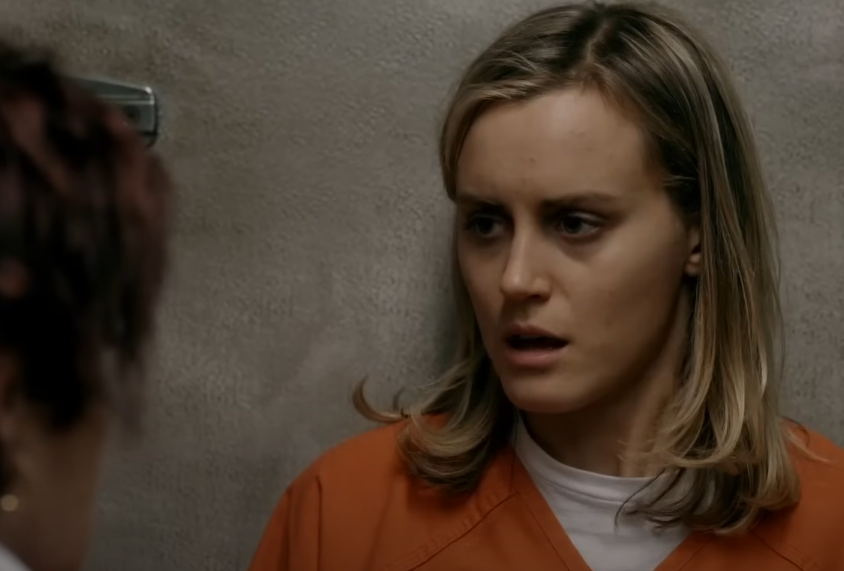 Netflix, Orange Is the New Black (2013-2019)
Netflix, Orange Is the New Black (2013-2019)
"The X-Files" (1993–2018)
The X-Files mixed creepy standalones with mythology that captivated—until it tangled itself. Cast shifts and revival seasons further diluted the effect. The truth is still out there; the consistency isn’t.
"Two and a Half Men" (2003–2015)
Two and a Half Men was a ratings powerhouse fueled by Charlie Sheen’s cadence and chaos. After the "shake-up" (remember all that?), curiosity turned to routine. Jokes stayed broad while the novelty vanished.
 Warner Bros. Television, Two and a Half Men (2003–2015)
Warner Bros. Television, Two and a Half Men (2003–2015)
"Empire" (2015–2020)
Empire come crashing right out of the gates with big drama, catchy hooks, and swagger. Then wild twists, uneven arcs, and off-screen turmoil drained the momentum. A cultural flash that burned out fast.
"Will & Grace" (1998–2006; 2017–2020)
Will & Grace was trailblazing and warm, redefining network sitcom chemistry. The revival proved nostalgia can’t always power new seasons, and some jokes now feel dated. A landmark, but not timeless.
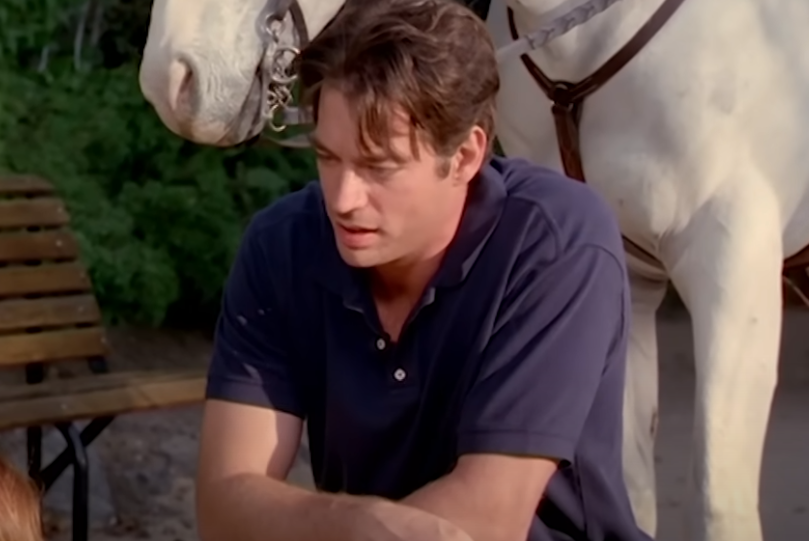 KoMut Entertainment, Will & Grace (1998–2006; 2017–2020)
KoMut Entertainment, Will & Grace (1998–2006; 2017–2020)
You Might Also Like:
TV Shows That Completely Changed Genres Between Seasons

